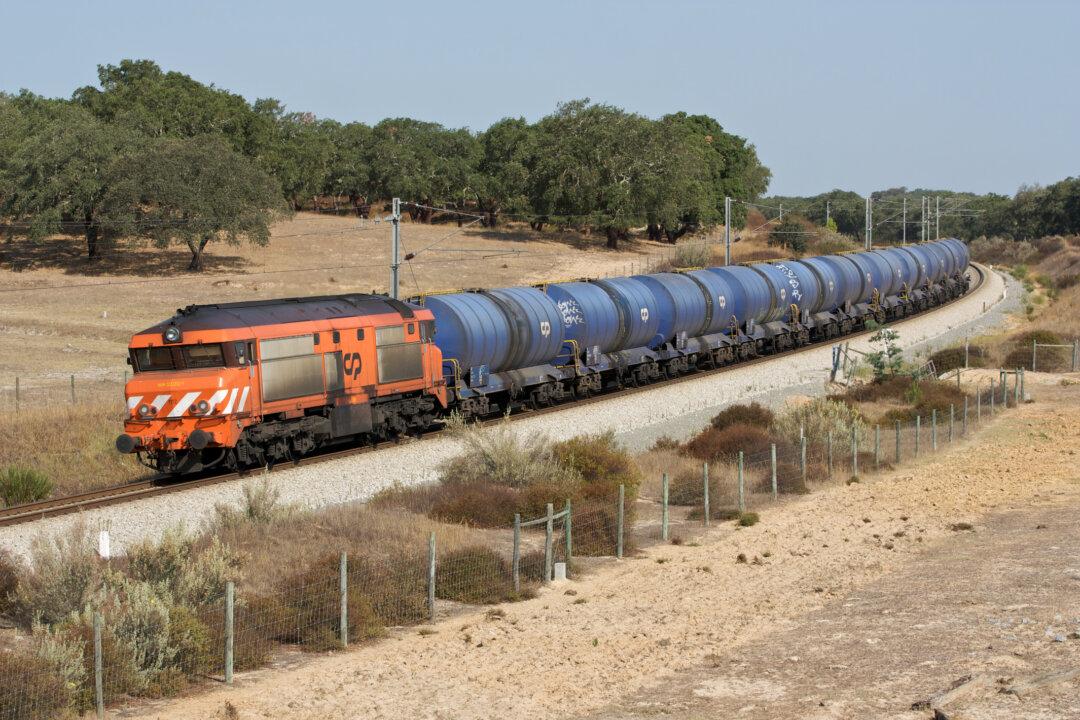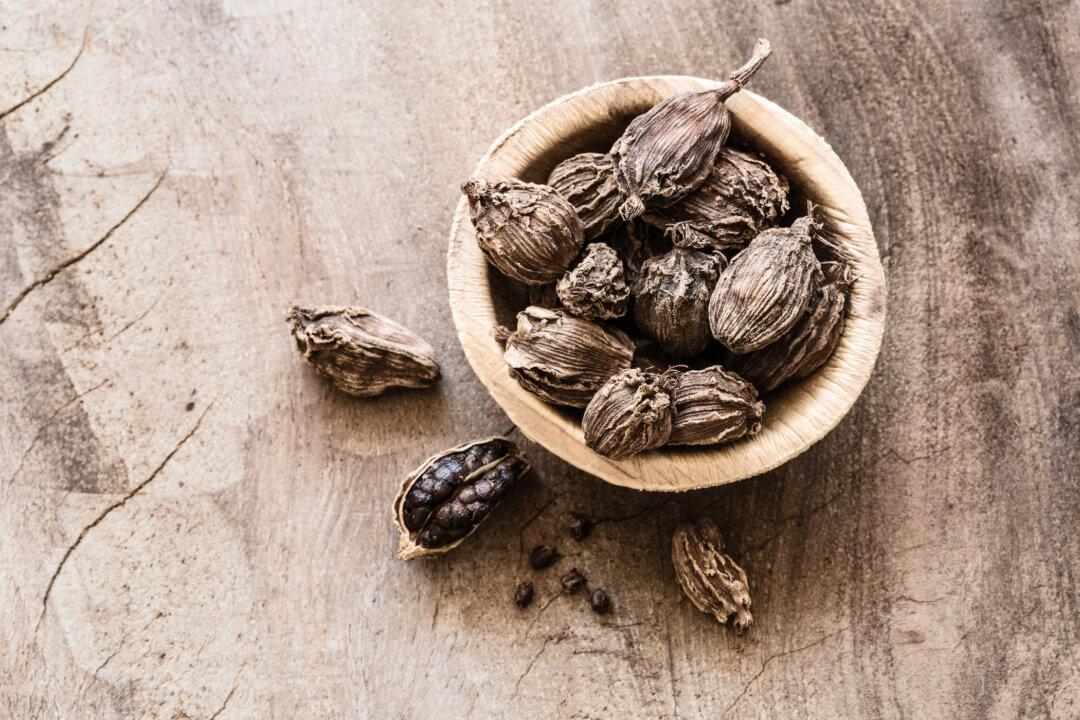New techniques are letting researchers make biodiesel entirely from waste grease more cheaply and efficiently.
Waste grease—a combination of used grease, vegetable oils, and animal fats—comes from homes and food and beverage outlets. It usually accumulates in grease traps of buildings’ sewer systems, and gets collected for disposal by contractors licensed by the National Environment Agency in Singapore.
Given that some 30,000 tons (over 66 million pounds) of waste grease get discharged annually in Singapore alone, it makes economic and environmental sense to recycle the waste material.




